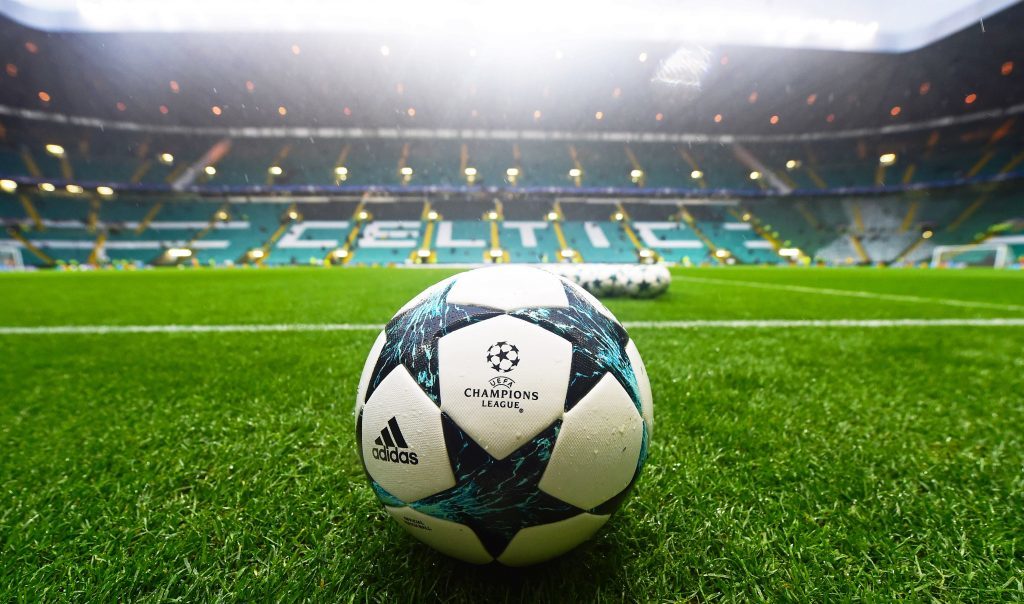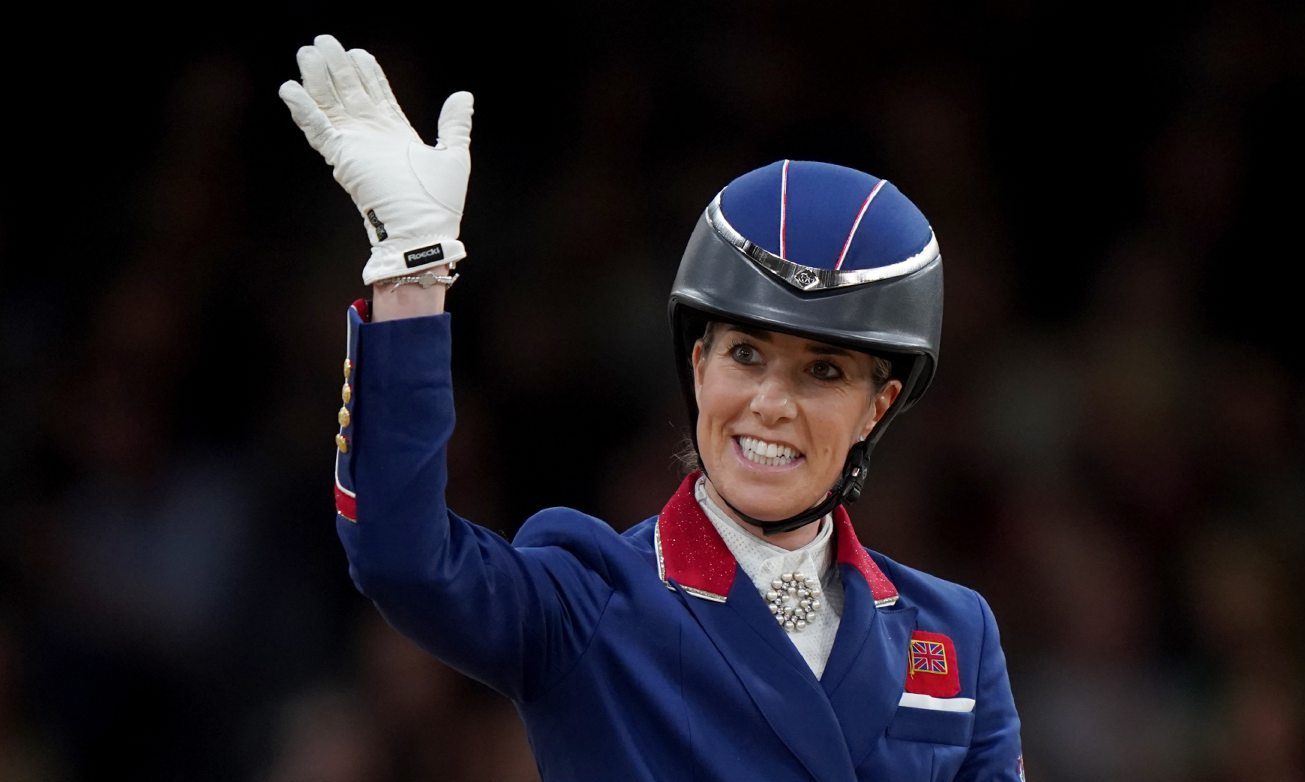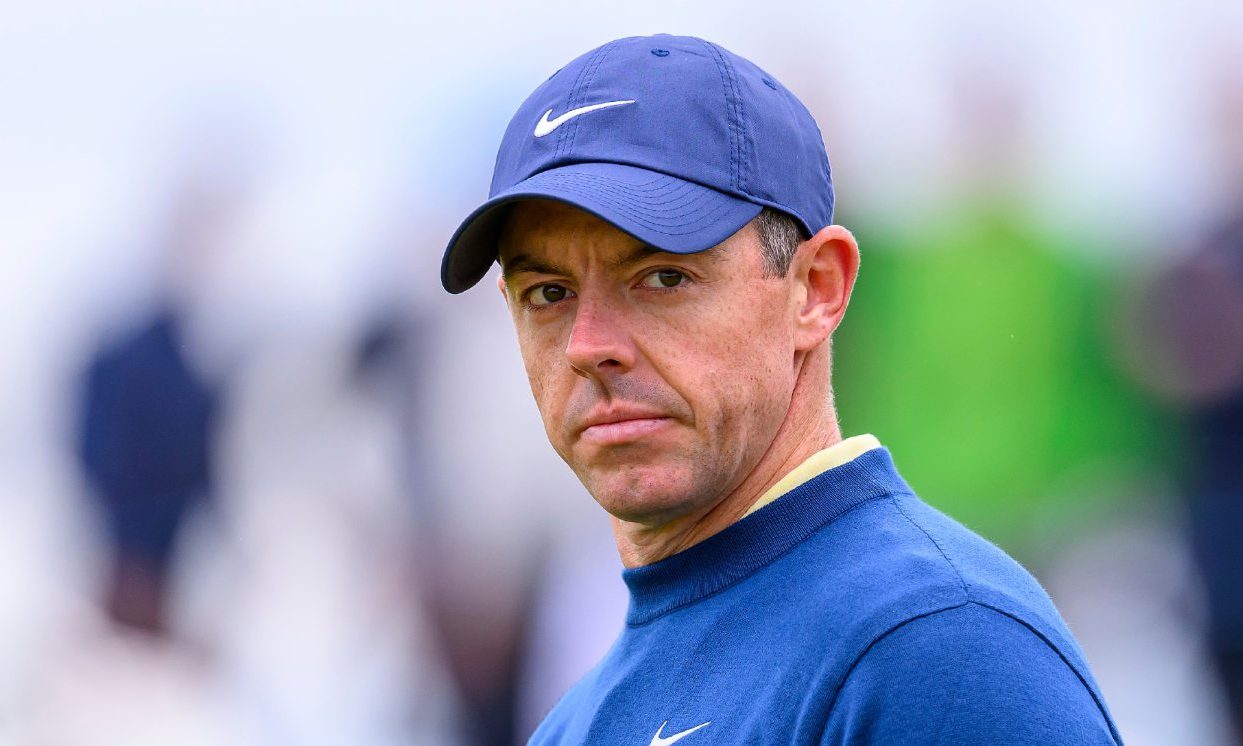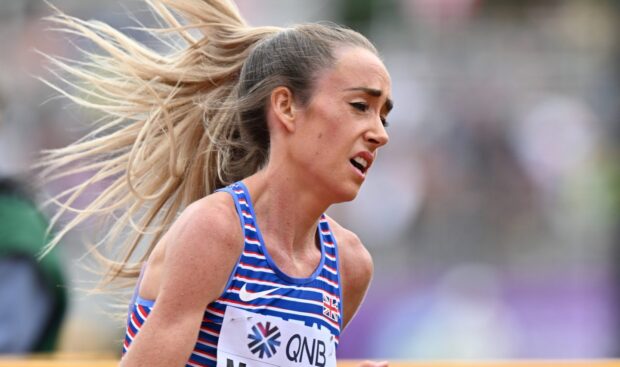Celtic are flying the flag for Scotland in the Champions League, although this week’s 5-0 mauling by mega rich PSG has left the flag in tatters and at half mast.
That hammering pleased some Scottish fans. Not everyone has had their taste buds tantalised by the prospect of the Glasgow side becoming even stronger and richer and further stretching the gap between themselves and their own teams.
While that growing gap is undoubtedly an issue for competitiveness, it’s not Celtic’s problem. If every football club in the land was as well run as the one in Glasgow’s east end, Scottish football would be very healthy.
The Celtic story is one which no other Scottish club, and perhaps only Liverpool and Manchester United, can compete with in terms of romance.
Set up by Irish Marist, Brother Walfrid, for the poor and deprived in the East End of Glasgow in 1888, with the provision of ‘dinner tables for children and the unemployed’, as their raison d’etre, their fans will tell you that they are more than just a football club.
Their story reflects the history of minorities everywhere. Traditionally, much of the Scottish establishment frowned upon them, and some Celtic fans still complain that they face vendettas by officialdom because of their Irish roots. Indeed, alone among Scottish clubs they have called for an independent review into the SFA and the current running of the game in Scotland.
Celtic’s status is unrivalled in the Scottish game, and their reach into the hearts and minds of those who love the passion and romance of football runs deep.
In Dundee alone, it’s been estimated that between six and eight thousand folk are ‘Celtic minded’. That effectively makes it a three team city, because while the bulk of those supporters are certainly not regulars at matches in Glasgow, neither do they attend Dens or Tannadice.
In cities and towns all over Scotland, fans will argue about people not supporting their local team. That battle though, becomes an unequal struggle when pitted against a club which embraces panache and style, and is intermeshed with a history, romance, and culture, which gives it a reach far beyond the pitch.
From the tragic tale of goalkeeper John Thompson who died in a clash with Rangers player Sam English, to the glory of being the first British club to lift the European Cup in 1967, Celtic enjoy a narrative which transcends the stories of most other football clubs.
Their embrace of all colours and creeds has won them support from a worldwide audience, as well as the large Irish and Scottish Diaspora in the four corners of the globe.
I’ve long been convinced that Celtic’s future won’t be contained within Scotland. They’ve simply become too big for that, and it might be good them and other Scottish clubs if they played in a league more suitable for their potential.
As long as they play in Scotland though, it’s ill-mannered and boorish not to wish them well against the best in Europe.
That’s why it should be a ‘Hail Hail’ from everyone, whenever the Parkhead club represent Scotland in Europe.





